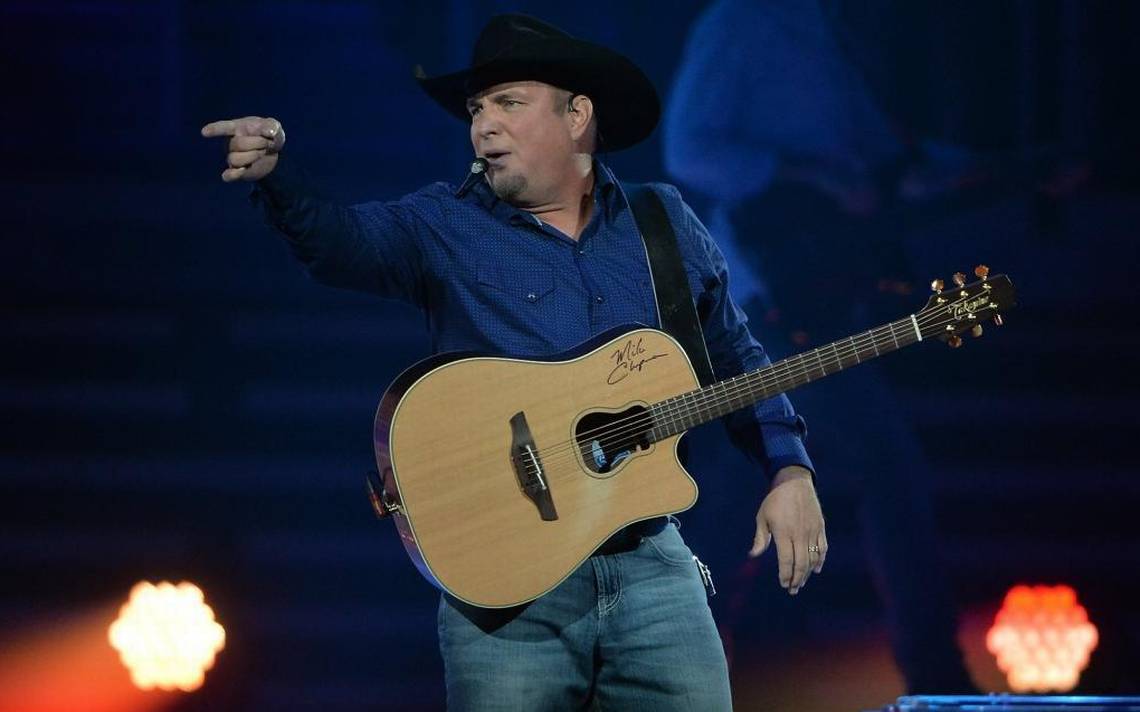In a headline that has been written with a thousand variations after a thousand different events went on sale, The Tribune of San Luis Obispo, California, published an editorial on Wednesday evening titled “Garth fans: Is the Mid-State Fair doing enough to discourage scalping?”
The existence of tickets on the secondary marketplace websites at prices above face value, the piece argues, means that big, bad, out of town scalpers are to blame for the recent sellout of a Garth Brooks concert at the Mid-State Fair in 30 seconds.
“That’s just wrong,” the piece contends after explaining that some tickets are posted at prices ranging from $108 to a staggering $3,356. “It’s one thing to buy a pair of tickets with the intention of using them – and then have something change. Plans sometimes fall through though, so you sell your tickets.”
“Scalping stinks,” it says further down the page. “More could and should have been done to give local fans the opportunity to buy tickets.”
It’s an argument that will please the readers in the newspapers’ coverage area, no doubt. A second show was added by Brooks and his wife Trisha Yearwood after the rapid sellout, so many will have another shot at getting tickets in the primary market today (Thursday), though the editorial assumes that most of those will go to out of town baddies just like the first batch.
The problem with this line of logic, however, is that it’s more or less proven wrong by an article from the very same newspaper, linked to from within the editorial itself.
Titled “Local fans – not scalpers – bought most of Garth Brooks tickets, fair says,” the report by Sarah Linn was published by The Tribune on Tuesday evening. It goes into detail about the California Mid-State Fair’s response to reports that the original sellout was due to scalpers, bots, or anything of the sort.
Paso Robles residents bought more tickets to this summer’s sold-out Garth Brooks concert at the California Mid-State Fair than people in any other city, a fair spokesman said Tuesday, noting that roughly 60 percent of overall ticket sales came from San Luis Obispo and northern Santa Barbara counties.
And although concertgoers and resellers snapped up all 14,875 tickets for Brooks’ show with wife Trisha Yearwood less than 30 seconds after they went on sale Friday, Tom Keffury dismissed rumors that ticket sales were led, not by ordinary fans, but by robots used by scalping sites.
Ticketmaster, which sold the tickets, has “world-class anti-bot technology,” Keffury said.
The story goes on to detail that the fair denied selling any re-sellers blocks of tickets for the show, and broke sales stats down by city:
Ticket buyers with Paso Robles Zip codes – 93446 and 93447 – led the charge for the fastest-selling show in fair history. Atascadero came in second in terms of ticket purchases, followed by Santa Maria, San Luis Obispo, Arroyo Grande and Templeton… “About 20 percent of additional ticket sales came from the Central Valley, 10 percent from Northern California communities such as Salinas and points north, and 10 percent from Santa Barbara and points south.
As seems to have been the case with the recent lightning-quick Syracuse sellout of Paul McCartney tickets at the Carrier Dome, the culprit for the hot market is individual opportunists and speculators who managed to get in early on the sale of a hot item rather than professional brokers pricing out Joe Fan.
Unfortunately for the secondary industry, those who didn’t luck out on the sale are upset about the markups they’re seeing, and the editorial board knows an easy target when they see one.
Despite having already published evidence to the contrary.
Missed the hot ticket? find Garth Brooks and Trisha Yearwood Tickets at TicketClub.com




